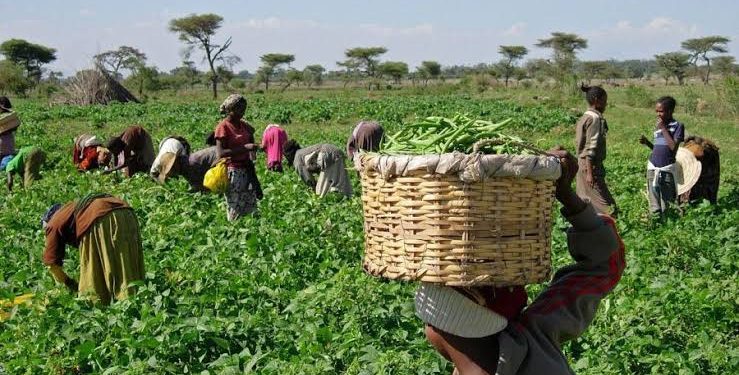The Kano State Agro-Pastoral Development Project (KSADP) has invested about N800 million in various training programmes for stakeholders, beneficiaries, and workers to strengthen livestock production and ensure the sustainability of its interventions beyond the project’s lifespan.
The Project Communication Specialist, Ameen Yassar, disclosed this in a statement on Saturday, explaining that the capacity-building programmes are designed to equip participants with the skills and knowledge required to effectively contribute to the project’s objectives.
KSADP Project Coordinator, Ibrahim Muhammad, highlighted the investment during the opening of a training workshop on artificial insemination held at the Kadawa Artificial Insemination Centre on Friday. The training targets animal husbandry technicians and livestock staff of the Kano State Ministry of Agriculture, focusing on enhancing breeding practices and improving productivity.
“The various capacity-building programmes have enhanced the skills, knowledge, and resources of the beneficiaries,” Muhammad said. “This particular training is part of the broader objective of the project to reintroduce artificial insemination as a sustainable pathway to livestock development in the state.”
Kano remains one of Nigeria’s leading livestock hubs, with over 1.21 million agricultural households engaged in cattle rearing, 1.46 million in goats, and 1.15 million in sheep. The sector contributed over ₦1.73 trillion to the state’s GDP in 2023, underscoring its central role in food production and rural livelihoods.
Muhammad noted that the KSADP has also renovated the Kadawa Artificial Insemination Centre, procured five exotic bulls, and provided modern equipment to revive the facility, which had long been abandoned. “We have earmarked an additional N125 million to further upgrade the centre, including the provision of critical inputs, fence reconstruction, and the establishment of a two-hectare fodder farm to ensure consistent feed supply,” he added.
He urged participants to maximise the training opportunity and apply the knowledge gained to achieve the project’s goals. “The expectation for breed improvement and increased milk production will not be achieved if you do not work efficiently,” he told the trainees.
One of the participants, Sulaiman Audu, expressed appreciation to the Islamic Development Bank and the Lives and Livelihoods Fund for supporting the programme, noting that the training would significantly enhance their work and career prospects.
The workshop, conducted in partnership with the Federal College of Agricultural Produce Technology, Kano, combines theoretical and practical sessions on artificial insemination, including semen collection, freezing, and storage, as well as animal health, breed selection, and record-keeping.
The KSADP, funded by the Islamic Development Bank and the Lives and Livelihoods Fund, has been instrumental in driving agricultural transformation in Kano. In August, the project signed an amended Memorandum of Understanding worth $12.34 million with Sasakawa Africa Association to procure agricultural machinery aimed at boosting mechanisation and improving food security in the state.
The state government hopes that continued investment in training, infrastructure, and mechanisation will position Kano’s livestock sector for greater productivity, with ripple effects for smallholder farmers, dairy processors, and agro-based businesses that depend on a thriving animal husbandry ecosystem.










